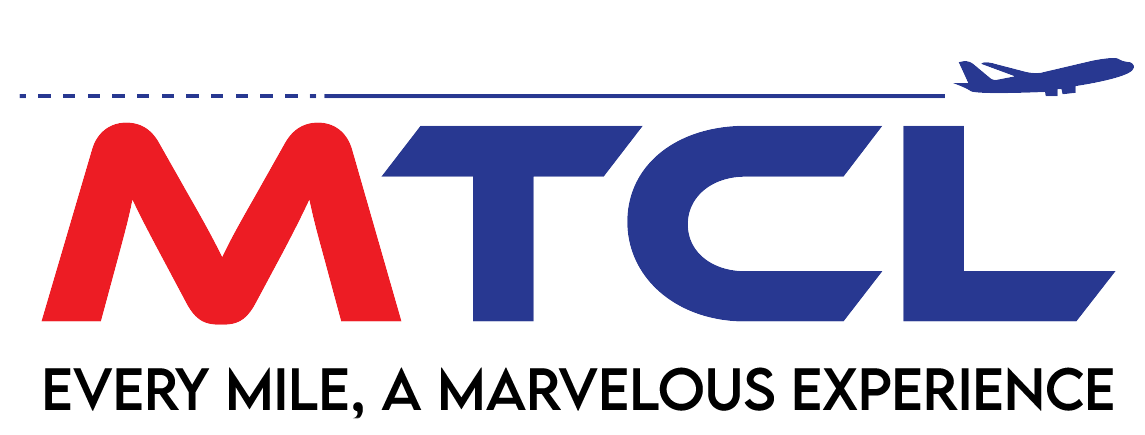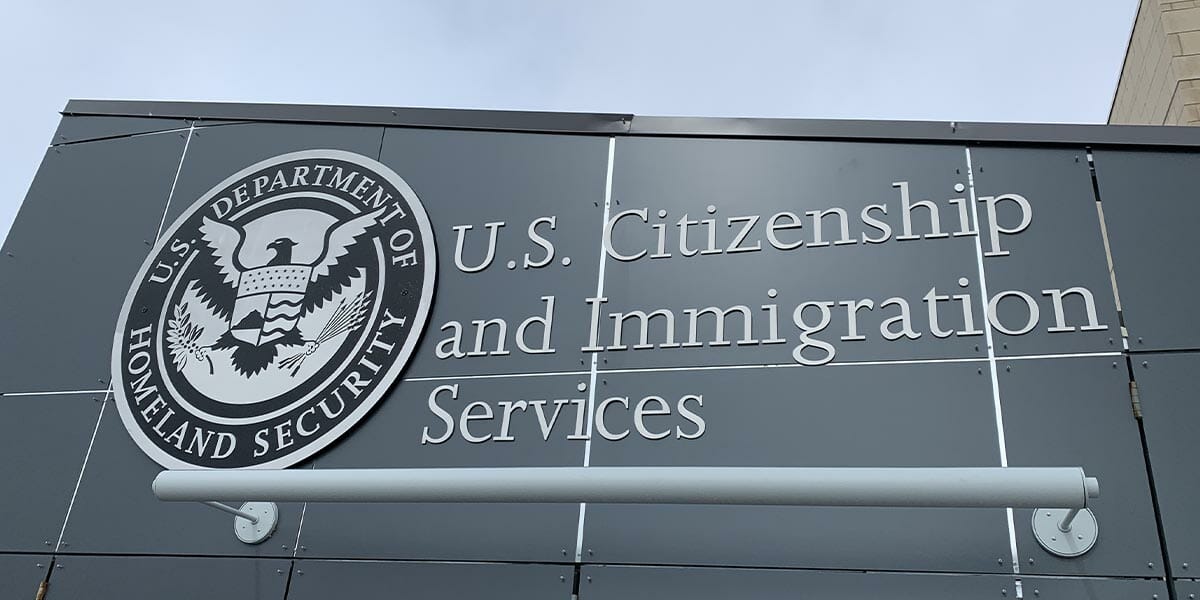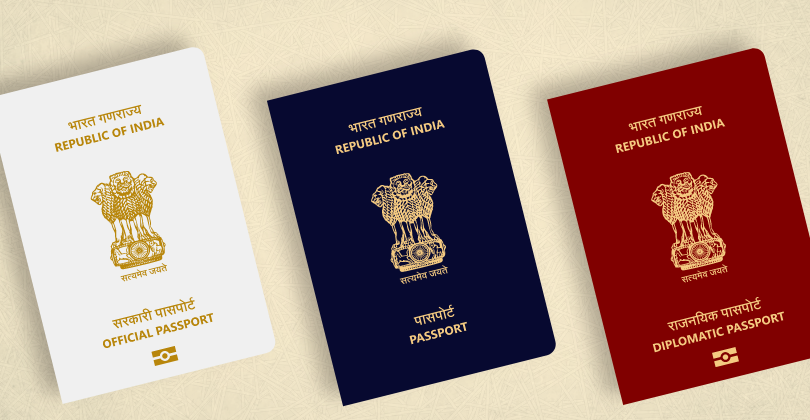India’s Outbound Travel to Hit 39 Million Passengers by 2028, Growing at 8% Annually: Travelport
2024/12/23
India’s outbound travel market is expected to grow significantly, reaching 39 million passengers by 2028, with an impressive 8% annual growth rate (CAGR), according to Travelport. This growth is driven by increased airline capacity, evolving consumer preferences, and advancements in travel technology.
ITQ Technologies Pvt. Ltd., Travelport’s exclusive distributor in India, hosted an event in Gurugram highlighting New Distribution Capability (NDC) and its role in reshaping airline retailing. The event celebrated 30 years of ITQ and Travelport’s partnership, which now manages 32 million trips annually.
India’s Expanding Travel Market
India’s travel sector is booming, with 2.6 billion domestic trips and $105 billion in travel spend in 2023. Outbound travel exceeded pre-COVID levels, reaching 27 million passengers. By 2028, international travel from India is set to soar to 39 million passengers, driven by the growth of Indian airlines like Air India and IndiGo.
Mark Meehan, Global Managing Director at Travelport, noted that Indian airlines now account for 46% of international air traffic, up from 35% pre-pandemic. Significant investments in airport infrastructure across India are also boosting connectivity.
Digital Transformation and NDC
The global travel landscape is evolving with the rise of NDC and dynamic pricing. Travelport’s Damian Hickey shared that NDC has led to a 1,900% increase in travel products, reshaping traveler expectations and agency operations. Agencies must adapt by integrating traditional and NDC content to deliver personalized travel experiences.
Key trends highlighted by Travelport include:
Expanding Content: Travelers demand all-in-one solutions for flights, hotels, car rentals, and tours.
Bleisure: The trend of combining business and leisure travel is rising, with 89% of business travelers extending trips for leisure.
AI Integration: By 2025, 95% of customer interactions will be AI-driven, requiring agencies to leverage technology for personalized recommendations and streamlined service.






